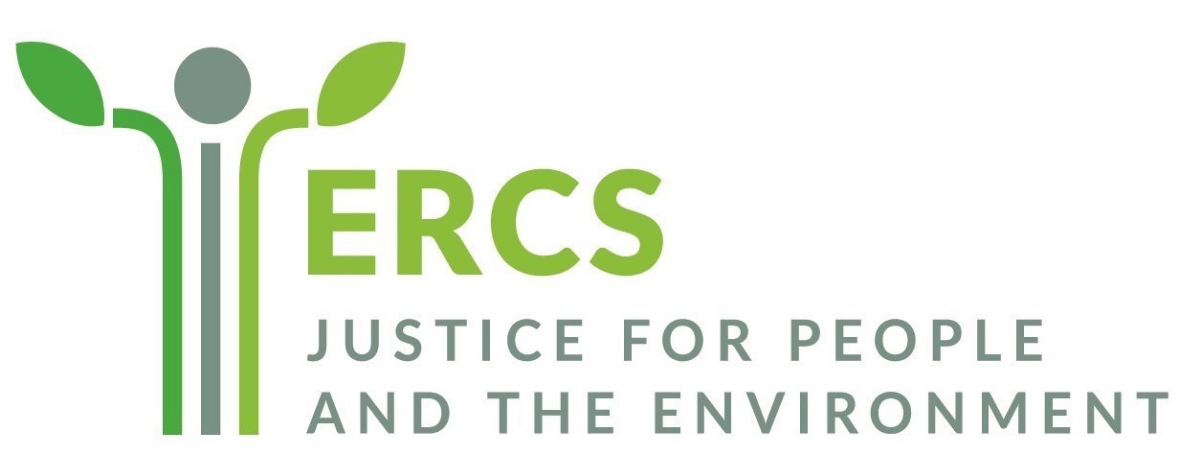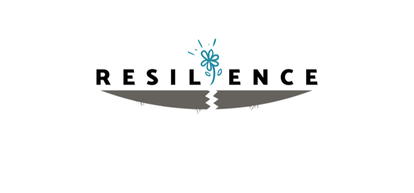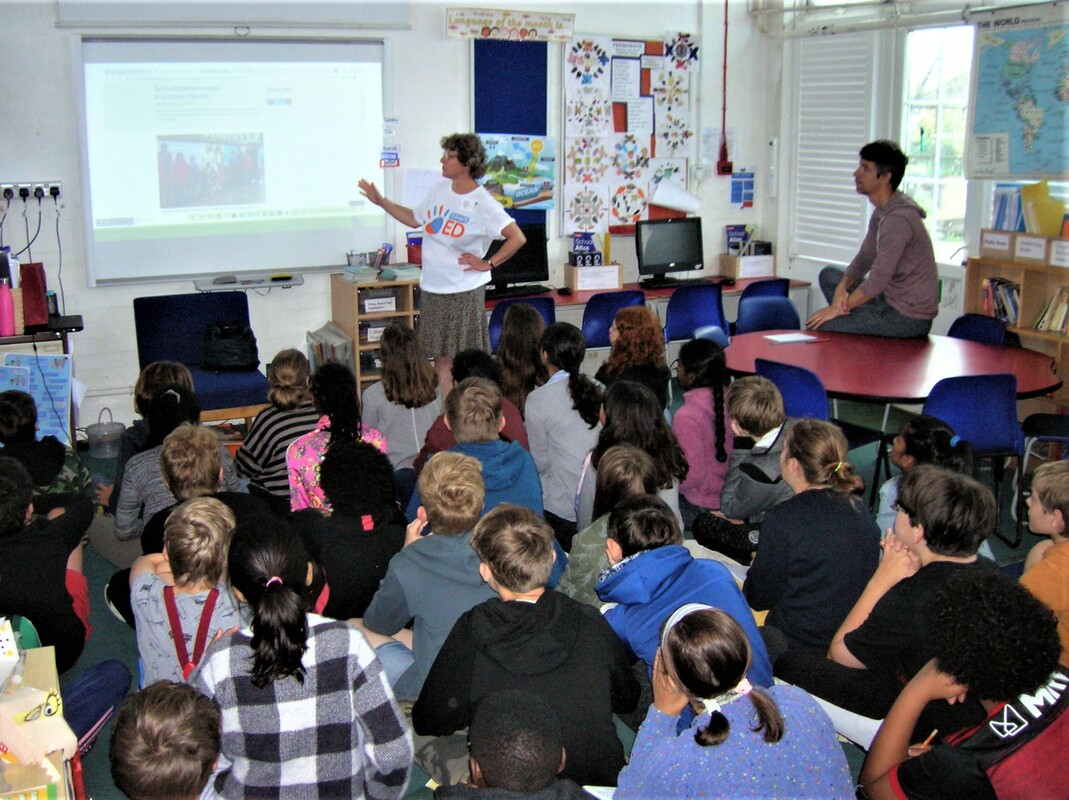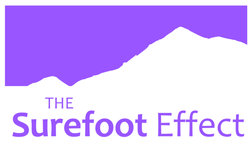|
The Environmental Rights Centre for Scotland’s (ERCS) vision is of a Scotland where every person’s right to live in a healthy environment is fully realised. Individuals and communities can get support to use their rights to protect the environment, tackle climate change, improve local biodiversity and make greenspaces healthier and wilder. The aim is to provide help to challenge environmental injustices and advance our human right to a healthy environment. Shivali Fifield, associate of The Surefoot Effect and Chief Officer for the ERCS, explains: “We offer free advice on environmental law, which includes law relating to land-use planning, climate change, pollution control, environmental health, conservation, and any other field, for example transport and energy, to the extent that it impacts on the natural environment in Scotland.”
If you need advice, get in contact by the online form www.ercs.scot/get-advice. This could be on a specific issue, for example a worrying planning application or loss of greenspace in your neighbourhood, or a more general question such as your rights to environmental information. To find out more about ERCS’s work on policy and law reform, check out www.ercs.scot and @ERCScot on twitter.
0 Comments
As we go into the summer months, the three Erasmus+ projects Surefoot participate in have continued to progress smoothly. In Breakthrough for Resilience, the four partners completed an 'individual resilience' workshop led by the Greek partner, the Society of Social Psychiatry. Partners explored 6 resilience methodologies that included 'let's draw', 'name your feelings', and 'the sunbeam of resilience' resilience' and plan to share these widely. Shortly after, and with an initial target of 8 participants, our Italian partner VolTo held two sessions of the individual resilience workshop in Italy for a total of 46 people. VolTo and Sweden-based Mobilizing Expertise are jointly preparing the next phase of activities, the ‘place and nature conservancy resilience’ workshops which will begin taking place in the partner countries in the autumn.  Partners of the project Sustainability, Heritage, and Health have now designed the main structure of the three walking routes that each of the four organisations will offer to participants. Recently, the National Agency praised the project team for catching up with scheduled project activities despite a 7-month initial delay due to Covid19 and other issues outside the control of the partnership. Those participating will learn about heritage sites in the four participating countries and sustainability issues at a time when international travel is limited and there is a need to spend time outdoors close to home. There is an emphasis on health by encouraging exercise and mindfulness. The routes will take participants through the streets of Edinburgh, Athens, Vilnius and Bilbao and coastal and rural enclaves in the UK, Greece, Lithuania and Spain such as the coasts of Fife in Scotland, Greek islands, the Baltic coast or the lush forests of Cantabria in the north of Spain.  The team of ‘Once Upon Your Time: storytelling for preventing early school leaving’ have completed the research of methodologies that use storytelling for personal development and to increase mental health in children and teenagers. The Surefoot Effect has covered methodologies that include the use of books in a library, writing in nature, superheroes and a card game with "dark themes" that have led children to write stories ranging from personal experience to topics such as dark holes and the slave trade that would have usually not grabbed their attention. The next phase of the project will see the creation of an advocate document for teachers in the participating countries to use these methodologies in the classroom with children and teenagers.  The three projects are co funded by the Erasmus+ programme. The charity Climate Ed runs workshops with school children to further student engagement by building on the basic climate science message through role play, creative tasks, games and news features. In small groups, the children also have opportunities to express themselves with reflective writing.
Since Easter, Climate Ed volunteer Suzanne O’Donnell has been engaged in delivering five one-hour sessions to about 60 of Year 6 children at the Furzedown Primary School in Wandsworth, London. Suzanne, who is a former teacher and has a lot of energy for networking, enjoys being involved in the creative side of climate action together with the children. She’s convinced that the work will go towards raising a generation of carbon literate children, and through it they will support the foundations for a more sustainable future. Ben Cuddon, founder of Climate Ed, a Carbon Conversations facilitator, and one of the directors of The Surefoot Effect, aims to teach children about climate change and empowers them to take action through the charity’s activities. To do so, Suzanne and other volunteers draw on their own background. For Suzanne it meant that she was able to use relevant examples of recent activism, for example student protest of fossil fuel companies funding at the Science Museum. It was also possible to include a slide showing an environmental art project attended by young children funded by their local council. She’s also keen to use her teaching skills to facilitate questions and let the children to voice concerns which they did with great enthusiasm. To balance the science videos, the activities provided a way to make carbon counting fun by making up a catchy short rhyme or a comic sketch. Unsurprisingly this created quite a lot of laughter among the 9-10 year-olds. This added a playful aspect while focus was the major carbon reductions they and their families can achieve. Questionnaires and presentations pointed to carbon tracker apps for their families to carry the work into weekly accounting beyond the classroom and challenged them on how much emissions participants are able to save. Suzanne thinks the students after the workshop have a good handle on the main causes and impacts. They are aware that flying or owning an SUV both being carbon intensive is a problematic issue; furthermore, some of the kids saw a conflict that those activities are presented as aspirational. However, they are aware that choices are available and can be made about the future that tackle the travel problem. They also pointed out benefits of vegan diets to their friends and parents and making reductions there too. Suzanne taught art and design at secondary level some years ago. Working at primary level is a huge difference she says, because this age group wants to know what’s happening in the world, what's changing and why. It was a great reward for her to get back to her local community. Even with Covid restrictions they’ve proved this approach to be successful from a clarification and practical action point of view. So far Climate Ed has run their programme in schools around south London, with bookings for the coming academic year there’s a huge desire to spread awareness among the school community and build relations with other groups. If you would like to set up Climate Ed affiliate groups in the UK or in other countries the charity would love to hear from you. Feel free to get in touch via [email protected] |
�
AboutHere’s a collection of some of our articles which have been in our newsletters or published elsewhere.
Archives
May 2024
|
Sign up TO SUREFOOT NEWS >>The Surefoot Effect equips people, communities and organisations with skills for sustainability and resilience.
|



 RSS Feed
RSS Feed




